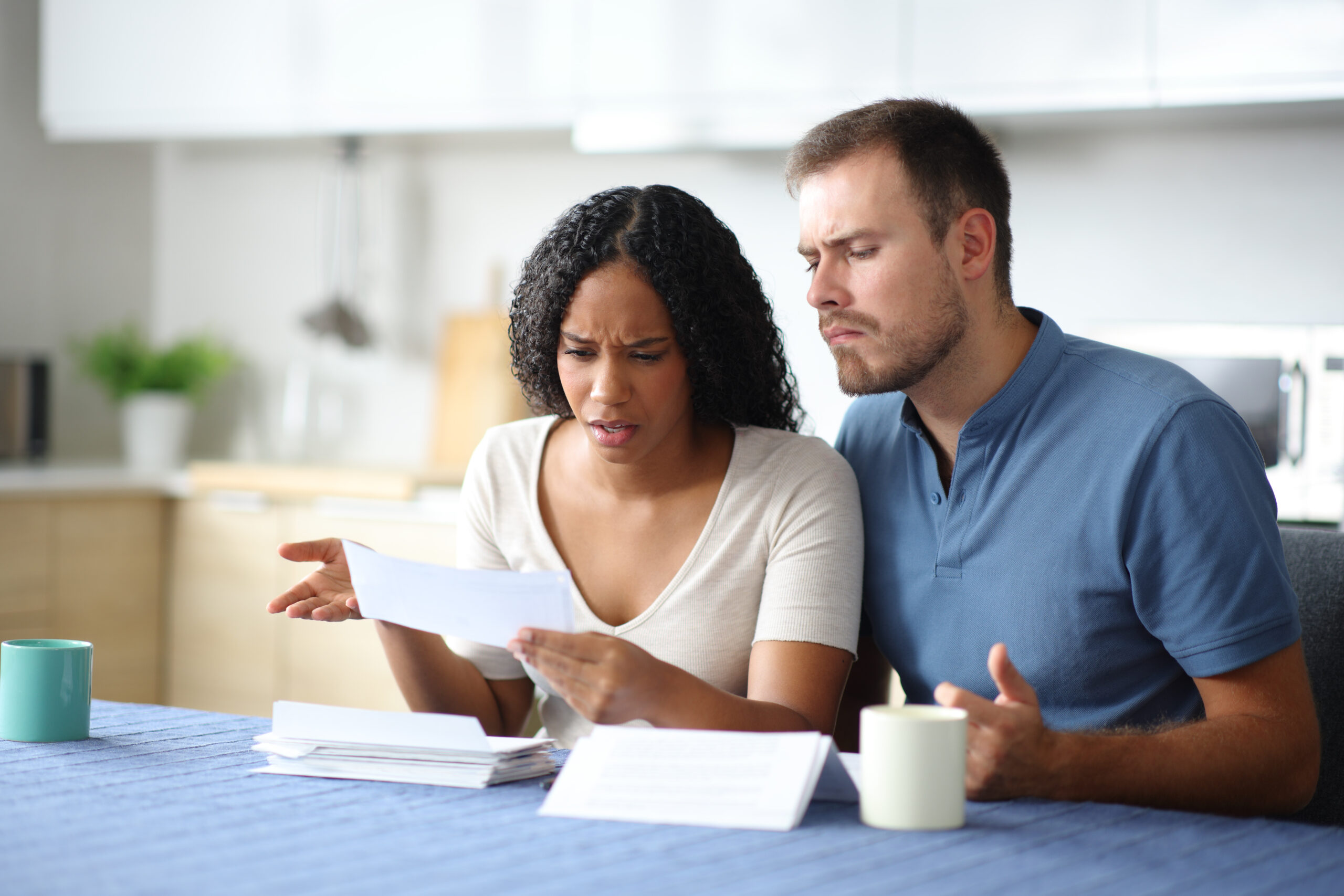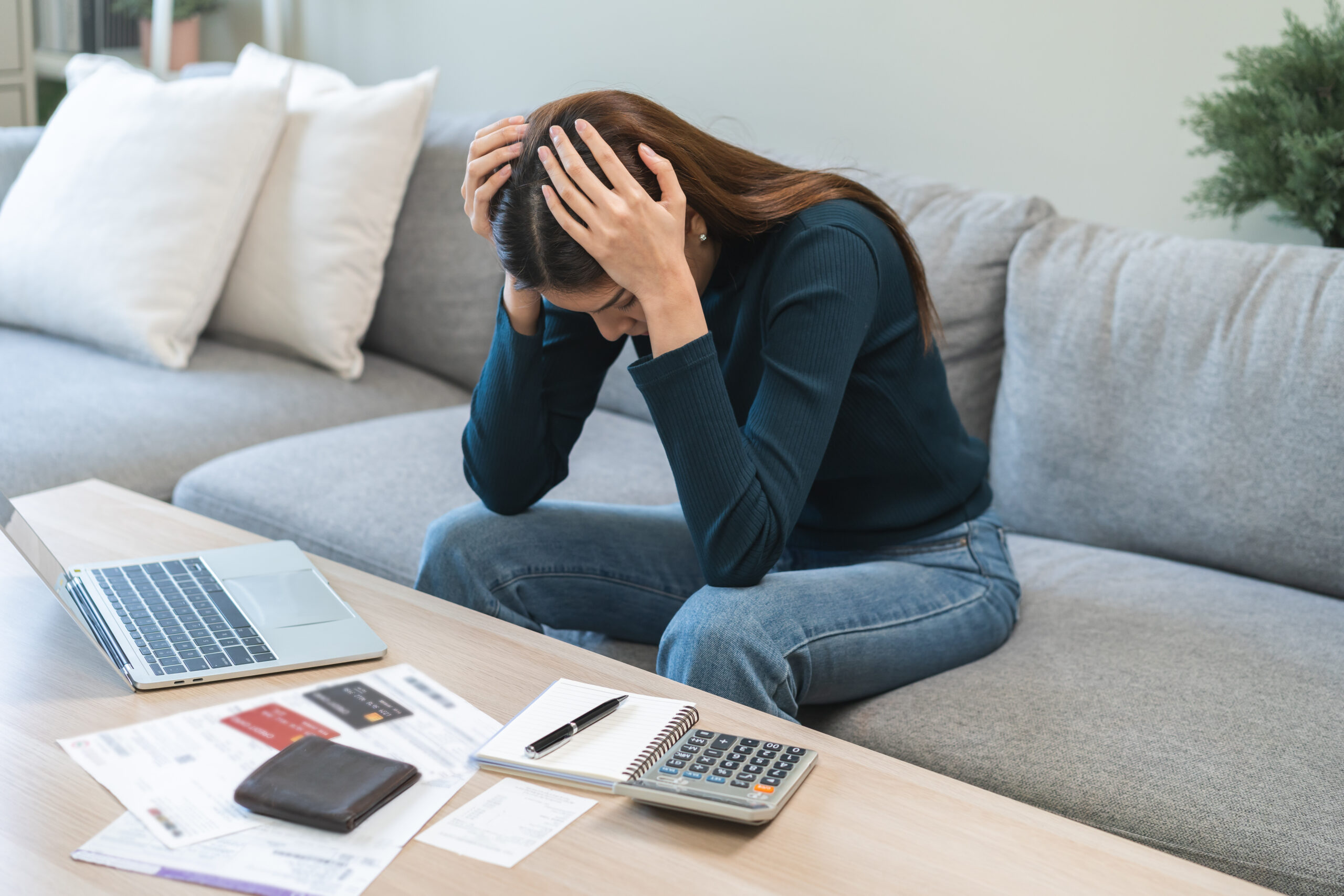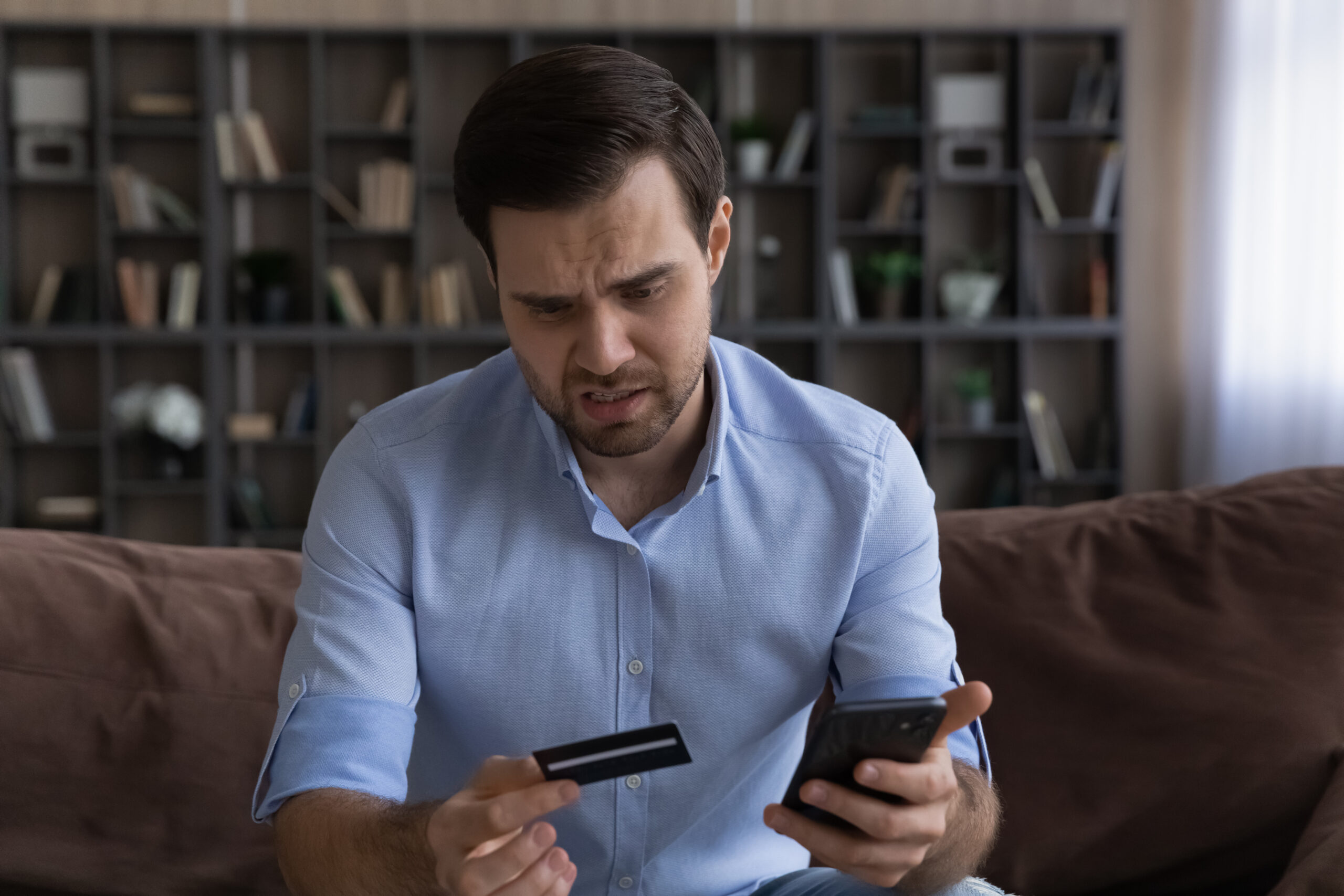Money problems: How to complain about a bank
If your financial institution is refusing to reverse a transaction you did not authorise, or blaming you for the loss of funds, it is important to know how to complain about a bank. Taking the right steps at the right time will give you the best chance of getting your money back.
Unauthorised transactions: What you need to know
When Queenie received a call from Paypal about an unauthorised transaction, she took quick action, unlinking her bank card as advised. Before she knew it, more than $1600 had vanished from her account. Realising she had been scammed, Queenie immediately alerted Westpac, never thinking she would soon join the thousands of Australians making financial complaints.
Price to pay: Lifting the lid on financial complaints
When Queenie received a call from Paypal about an unauthorised transaction, she took quick action, unlinking her bank card as advised. Before she knew it, more than $1600 had vanished from her account. Realising she had been scammed, Queenie immediately alerted Westpac, never thinking she would soon join the thousands of Australians making financial complaints.
Secure the right home insurance claim help
Has your home been damaged in a storm or fire? Perhaps someone has broken in and stolen jewellery and other valuable items? You need to know where to get the best home insurance claim help.
The logical place to start, of course, is with your insurer. But before you ring them, dig out your insurance policy and check your product disclosure statement (PDS) and the policy schedule (PS). This should detail exactly what you are covered for and will help prepare you for any questions the insurer might ask.
Looking for car insurance claim help?
Anyone who has been in a car accident knows how important it is to find good car insurance claim help. We rely so much on our cars, so the smoother the journey the quicker we can get back on the road.
If you have been injured, it can be difficult to focus, so don't be afraid to ask a trusted friend or family member to help make the car insurance claim process as painless as possible. It is best to start this process as soon as possible while all the details are fresh in your mind.
Complaining about an insurance company
When an insurer refuses to pay an insurance claim you thought was covered under your policy, you want answers. And you’re not alone - complaining about an insurance company has become a national pastime.
How to dispute an insurance claim decision
Has your insurer rejected your claim or only agreed to cover part of your losses? If you feel you have been hard done by, there are some steps to take to dispute an insurance claim decision.
How to drive a smoother insurance claim process
No one wants the pain and hassle of a car accident or a house fire to be compounded by a complicated insurance claim process.
Smart money: How to avoid PayID scams
Have you heard about PayID scams? Perhaps you or a friend have fallen foul of the electronic payment system?
More than 18 million Australians have signed up to use PayID since its launch six years ago. The attraction is simple: it’s easy to use, free, and money is transferred quickly – whether you’re paying or being paid. The unique identifier (the ID part) is linked to your bank account and you only need a mobile number or email (and an ABN or CBN if you’re a business) to send and receive money.
The Australian Banking Association maintains it’s one of the most important steps customers can take to prevent scams, but the mobile-friendly service hasn’t been immune to scammers. Even the tech-savvy younger generation - least likely to be caught in other financial scams - has been caught out.
Online platforms such as Facebook Marketplace and Gumtree are popular hunting grounds for PayID scams.
Bad numbers: What’s behind the record complaints against financial firms?
Are you unhappy with your bank? Still disputing a transaction on your account that you didn’t make? Or have your dealings with the buy now, pay later (BNPL) sector left you more than a little hot under the collar? You’re not










